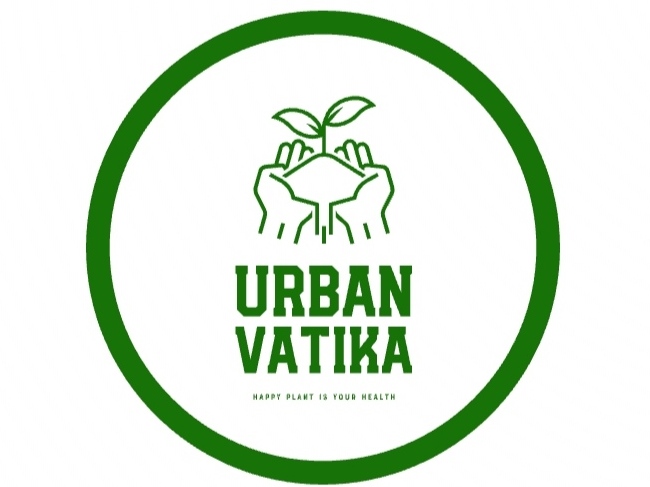Improve Your Health by Organic Vegetables
Kitchen Garden
A kitchen garden has several advantages:

A kitchen garden, also known as a vegetable garden or potager (in French), is a small garden usually located near or within a home where a variety of vegetables, herbs, and sometimes fruits are grown for personal use. Kitchen gardens can be both functional and aesthetically pleasing, providing a ready source of fresh, organic produce for cooking while enhancing the overall appearance of the home. There are several types of kitchen gardens, each with its own design and purpose. Here are some common types:
- Raised Bed Garden:
- Raised bed gardens are constructed above ground level in beds or boxes filled with soil. They are often used for growing vegetables, herbs, and flowers. Raised beds provide good drainage and can be easier to maintain and access, especially for people with limited mobility.
- Container Garden:
- Container gardens involve growing plants in pots, containers, or other suitable vessels. These gardens are ideal for people with limited space or those who want to grow a few vegetables or herbs on a patio, balcony, or windowsill.
- Herb Garden:
- Herb gardens are dedicated to growing a wide variety of herbs, both culinary and medicinal. These gardens are often compact and can be grown in containers, raised beds, or directly in the ground. Herb gardens are great for adding flavor to your dishes and teas.
- Potager Garden:
- A potager garden is a traditional French kitchen garden that combines both functionality and aesthetics. It often includes a mix of vegetables, herbs, and flowers arranged in an organized and visually appealing manner.
- Vertical Garden:
- Vertical gardens utilize vertical space to grow plants, making them suitable for small gardens or urban environments. Vegetables like tomatoes, cucumbers, and herbs can be grown in hanging pots, wall-mounted containers, or specially designed vertical planters.
- Square Foot Garden:
- Square foot gardening is a method that divides a raised bed or garden plot into small, manageable sections or “squares.” Each square is planted with a specific number of plants, making efficient use of space and resources.
- Organic Garden:
- Organic kitchen gardens follow strict organic farming principles. They avoid the use of synthetic pesticides and fertilizers, focusing on natural and sustainable methods to maintain soil health and grow healthy, chemical-free produce.
- Permaculture Garden:
- Permaculture kitchen gardens are designed based on permaculture principles, emphasizing sustainable and self-sustaining ecosystems. These gardens aim to create a harmonious balance between plants, animals, and the environment, promoting minimal waste and resource conservation.
- Three Sisters Garden:
- This is a Native American planting technique that involves growing corn, beans, and squash together. The corn provides support for the beans, while the beans fix nitrogen in the soil, benefiting all three crops. The squash provides ground cover, helping to suppress weeds.
- Cottage Garden:
- Cottage gardens are informal and often mix vegetables, herbs, and flowers in a more haphazard and decorative manner. They have a rustic charm and are reminiscent of traditional English cottage gardens.
The type of kitchen garden you choose depends on your available space, gardening goals, and personal preferences. You can even combine different types to create a unique and functional garden that suits your needs.
Advantages of Kitchen Garden-

Fresh and nutritious produce: You can grow a variety of fruits, vegetables, and herbs, ensuring that you have access to fresh and healthy ingredients for your meals.
Cost-effective: Growing your own produce can save money on grocery bills, as seeds or small plants are generally less expensive than buying fully grown vegetables and herbs.
Environmental benefits: Kitchen gardens promote sustainability and reduce the carbon footprint by cutting down on transportation and packaging of store-bought produce.
Control over pesticides and chemicals: You can choose to grow your garden organically, avoiding harmful pesticides and chemicals, thus ensuring a healthier and safer food source.
Learning experience: Gardening can be a rewarding hobby and an educational experience, teaching you about plant life cycles, sustainable practices, and connecting you with nature.
Stress reduction: Gardening can be therapeutic, reducing stress and anxiety while providing a sense of accomplishment and joy from watching your plants grow.
Convenience and accessibility: Having fresh produce readily available at home makes it convenient to add a variety of flavors and nutrients to your dishes.
